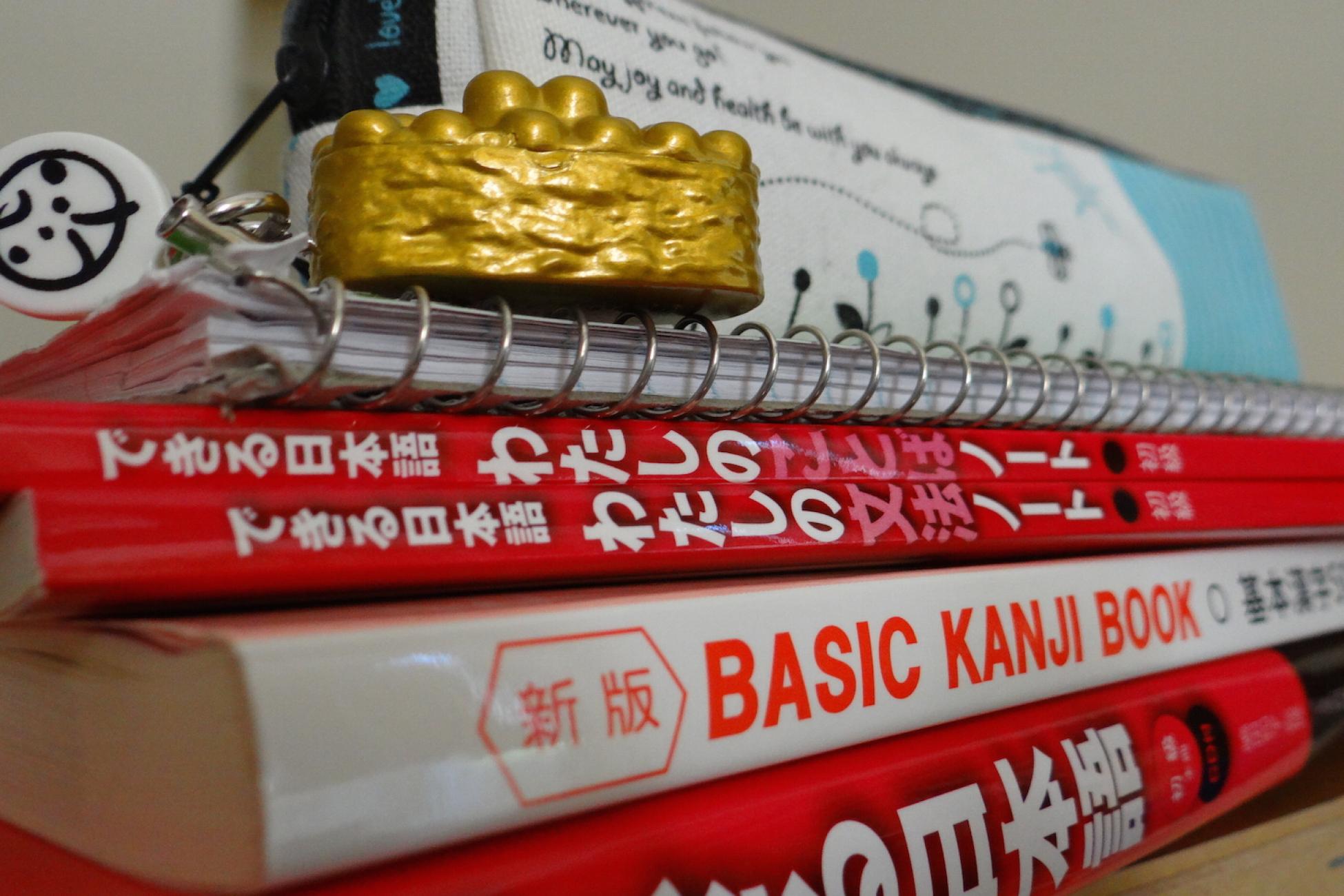If you ask me how it all happened, I can hardly recall the inspiration behind my decision to travel to Japan. I have always been fascinated by Japanese culture, solely because it is so unlike my own. Asia has many interesting sights and experiences that I have been eager to try for a long time.
Long before I boarded a plane to Japan, I studied Japanese language, history and society. To a degree, having an oriental background ensured that I understood the importance of the family unit over the individual, something highly valued in Japan. Despite all my preparations, I went with a strong warning that I would experience some form of culture shock.
When your pillow is uncomfortable or the shower is a beast to use, small doubts begin to creep in.
I was severely jet-lagged and exhausted during my first week in Japan and could hardly muster any enthusiasm. It doesn’t help that there is a 15-hour time difference between my home city of Edmonton and Nagoya. Considering that, I was well within my rights to feel downtrodden and anxious—but not for one second did I experience anything less than normal.
I suppose I was also a bit beside myself with the realization that I was living on the other side of the world. More than that, I was finally realizing many of my goals by travelling to Japan including living autonomously and in a foreign country.
This was the list that was most important to changing who I was in a fundamental way or so I have been told. If I could see through this journey, then I would return to Canada a different person. Many former exchange students, some of whom are close personal friends, told me that living abroad is an indescribable and wonderful experience unlike anything they had done before—I was more than ready for that kind of experience.
My first full day in Japan left no room to ruminate about my changed locale and circumstances. Instead, we were ushered straight into an all-day entrance examination. And, for the following several days, the international students were oriented to both the school and the city, which included form after form of seemingly endless paperwork.
Truly, I was entirely distracted by settling in and sleeping. I did not have time to be wowed or dismayed about the surrounding culture.
But I also fought pre-emptively against all culture shock triggers. When your pillow is uncomfortable or the shower is a beast to use, small doubts begin to creep in about whether or not you can manage in a foreign country. Once these thoughts latch on, they can be difficult to shake off.
I wanted to prevent the onslaught altogether by making my new apartment into a home. I needed to personalize my space.On my third day in Japan, I went out to the 100 Yen store and purchased everything I needed to transition comfortably from my home in Canada to my new home in Japan, including writing utensils, a new pillow, and tons of tea.
Without these personal necessities, it would have been very hard for me to adjust smoothly. You may not actively think about the small routines that build up while living in the same place for years. Until that way of life is challenged do you realize how many preferences we have.
It would be so easy to let anxiety keep one from experiencing the amazing events or sights that your host country has to offer. My hopeful plea; do not let fear of a new culture keep you from exploring the world.
Here are my helpful tips to any nervous exchange students:
1. Settle in comfortably.
Even if that means splurging on certain items like a good pillow or soft blanket—make your new place homey.
2. Create new routines.
If you drink coffee every morning back home, don’t stop! Even though the coffee may not be same, there is something inherently appealing to the novelty of discovering new beverages or food.
3. Beware the honeymoon period.
The honeymoon period is about the length of a regular vacation, and so you might think everything is copasetic, but once the majesty of a new place wears off is when the shock can set in.
4. Call home.
Report all the weird and the wonderful things you see and hear. Talk about the things you miss or that are really different in your new home and discuss the exciting new things you want to try out. But most importantly, share your worries and doubts with your family and friends. Keeping anxieties hidden is much worse than admitting you are having difficulties.
In the event that culture shock sneaks up on you, remember to search for the amazing things that will fill you with wonder while on your journey. Realize that nothing lasts forever—that goes for both culture shock and sadly, your time abroad.
Add this article to your reading list




